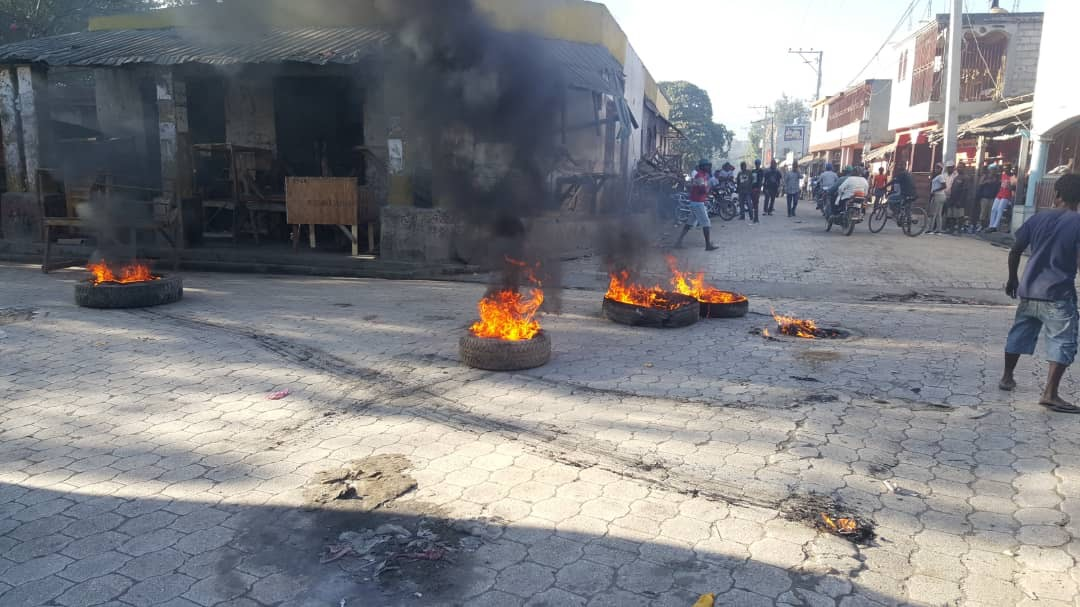Afghanistan

Afghanistan has become nearly synonymous with danger and unpredictability in recent years. The Taliban’s return to power in 2021 marked a sharp decline in safety, and by 2024, the Global Peace Index listed it as the least peaceful nation on the planet. Foreign ministries around the world, including those of the U.S. and U.K., have maintained strict advisories warning citizens to avoid all travel. Incidents of kidnapping, terrorism, and violence remain alarmingly high, making even the idea of tourism seem far-fetched. Most international flights no longer land in Kabul, and those who do manage to enter are often met with suspicion. The country’s infrastructure is crumbling, and basic services are unreliable, creating further complications for any potential visitors. With no improvement in security in sight, Afghanistan stands out as a place almost certain to turn tourists away in the foreseeable future.
Syria

Syria’s civil war, beginning in 2011, has left entire regions in ruins and millions of people displaced. The United Nations reported in 2023 that the security situation remains dire, with violence and unrest continuing to threaten daily life. Most Western countries have travel bans in place, with embassies closed or operating remotely. The risk of kidnapping, unexploded ordnance, and militant attacks keeps even the most adventurous travelers at bay. Infrastructure is devastated, and basic necessities like water and electricity are often scarce. Reports from 2024 show that checkpoints and military presence make travel within the country nearly impossible for outsiders. With such instability, Syria is highly likely to turn away tourists, intentionally or not, for the foreseeable future.
Venezuela

Venezuela’s ongoing crisis is one of the most severe in the Western Hemisphere. By 2024, the World Food Programme estimated over 9 million Venezuelans needed urgent humanitarian assistance due to shortages of food, medicine, and basic services. Hyperinflation and political chaos have fueled crime rates, with robbery and kidnapping posing real dangers to visitors. International advisories consistently warn against travel, especially outside the capital, Caracas. Stories of tourists being targeted by criminals or caught up in protests are not uncommon. Many foreign embassies have reduced staff or closed entirely, leaving tourists with little support if things go wrong. In this environment, it’s no surprise that Venezuela is turning tourists away, either through official policy or sheer desperation.
North Korea

North Korea remains the world’s most secretive country, with a government that tightly controls all aspects of life—including tourism. After closing its borders in 2023 due to health concerns, only a handful of tightly supervised tours have been allowed, mostly to Chinese visitors. The risk of arbitrary detention is ever-present, as highlighted by several high-profile international incidents in recent years. Foreigners are watched at all times and can’t move freely, with restrictions so strict that even taking the wrong photograph can result in severe consequences. Human rights organizations continue to report abuses, and the regime shows no sign of relaxing its grip. For most, entry is not just difficult—it’s nearly impossible, making North Korea one of the world’s least accessible destinations.
Iran

Iran’s turbulent relationship with much of the world has cast a long shadow over its tourism industry. In 2024, the U.S. State Department renewed its warnings, citing risks of arbitrary detention and civil unrest. Tensions over nuclear negotiations and ongoing sanctions have made the country unpredictable for outsiders. Embassies have faced periodic closures, and the threat of protests or sudden security crackdowns looms large. Travelers report increased scrutiny at airports and hotels, with some being denied entry without explanation. Economic hardships have also led to sporadic shortages and a rise in petty crime. These factors combine to create an inhospitable environment for tourists, likely deterring many from even trying to visit.
Yemen

Yemen’s humanitarian crisis is staggering in scale. In 2024, the United Nations stated that over 24 million people required aid. The country is torn apart by conflict, starvation, and disease, with infrastructure collapsing under the strain. Foreign governments universally advise against travel, citing risks of violence, terrorism, and kidnapping. Airports are often closed or under threat, while roads are plagued by checkpoints and armed groups. The few foreigners who do enter—usually aid workers—face enormous risks. Hotels and tourist infrastructure barely function, and medical care is severely limited. With such overwhelming challenges, Yemen is almost certain to turn away any would-be tourists.
Somalia

Somalia’s reputation for instability and violence remains firmly entrenched. The Global Terrorism Index in 2023 placed Somalia among the countries most affected by terrorism, with frequent attacks by militant groups. Piracy continues to be a threat along the coast, and the risk of kidnapping is high throughout the country. The U.S. State Department and other governments maintain strict travel advisories, warning citizens to stay away. Infrastructure is minimal, and few, if any, tourism services exist. Those who attempt to visit often require armed escorts, if they’re allowed in at all. The reality is that Somalia is not prepared—or willing—to welcome tourists anytime soon.
Central African Republic

The Central African Republic (CAR) has been mired in violence and instability since 2013. Armed conflict and rampant crime have created a dangerous environment, with the U.S. State Department issuing blanket travel advisories against visiting. Humanitarian organizations report widespread displacement and a desperate need for aid. There are few functioning hotels, and road travel is risky due to checkpoints and armed groups. The lack of reliable communications makes it even harder for visitors to stay safe or get help if needed. In 2024, the situation showed no signs of improving, leaving CAR high on the list of countries likely to turn tourists away.
South Sudan

South Sudan, having gained independence in 2011, has been beset by civil war and humanitarian disasters. The United Nations reported in 2023 that millions remain displaced, with violence and food insecurity widespread. Travel advisories from most countries urge against all travel, citing the risks of armed conflict and lawlessness. Basic services are almost non-existent outside the capital, and even there, security is precarious. The government issues very few tourist visas, and those who do enter often do so at great personal risk. With such instability, South Sudan is not a viable destination for tourists and is likely to continue turning them away.
Myanmar

Myanmar’s political crisis since the 2021 military coup has all but destroyed its tourism industry. Ongoing conflict and widespread human rights abuses have prompted strong travel warnings from the U.S. and other countries. In 2024, reports of arbitrary detention, violence, and mass protests continued to pour in. Many regions are off-limits to foreigners, and curfews are common. Infrastructure is damaged, and the risk of being caught up in unrest is high. Embassies have reduced their presence or closed entirely, making assistance for tourists hard to come by. With such uncertainty, Myanmar remains a country likely to turn tourists away for the foreseeable future.





